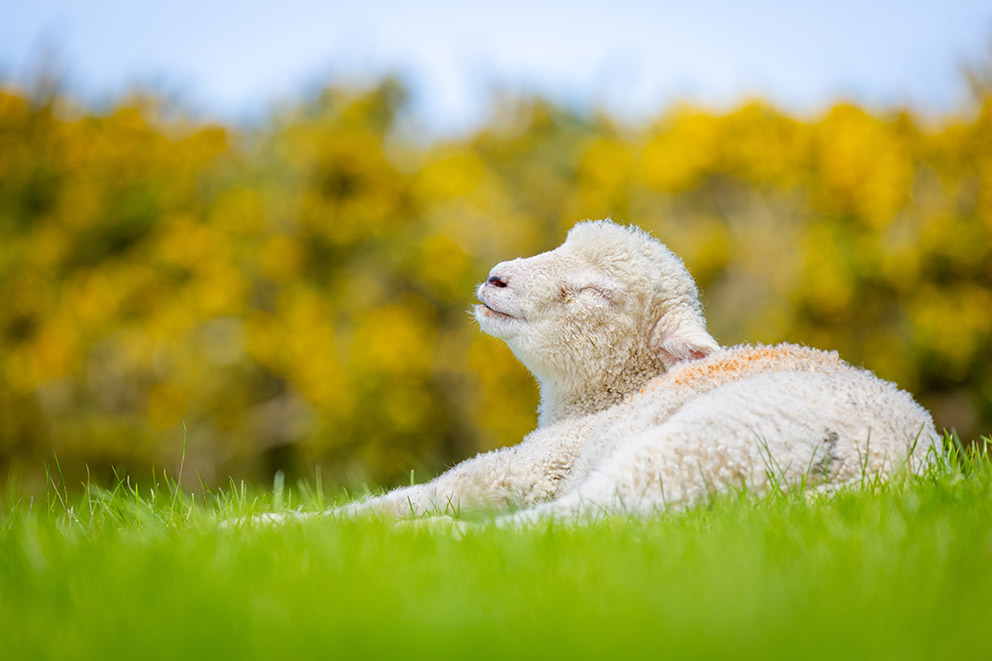- Find a Pet
- Advice and Welfare
- Ways to Give
- Get Involved
- What We Do
- Search
- My RSPCA
- Report a concern
- Sponsor
-
Colour modeVivid Calm
- Home
- Get involved
- Campaign
Help us campaign for animal welfare
Every day we join forces with animal lovers like you to change laws, industries and minds, so all animals can live a better life. Together we can take action to:
- Raise awareness to improve pet welfare
- Improve the lives of farm animals
- Protect wildlife from harmful human acts
- Reduce animal experiments and cruel practices
Explore our latest campaigns below to find out how a simple signature, share or email can help us build a world where all animals are treated with kindness and compassion.

Become an RSPCA animal welfare campaigner
Sign-up to receive regular updates about how you can support our campaigns.
Priority campaigns
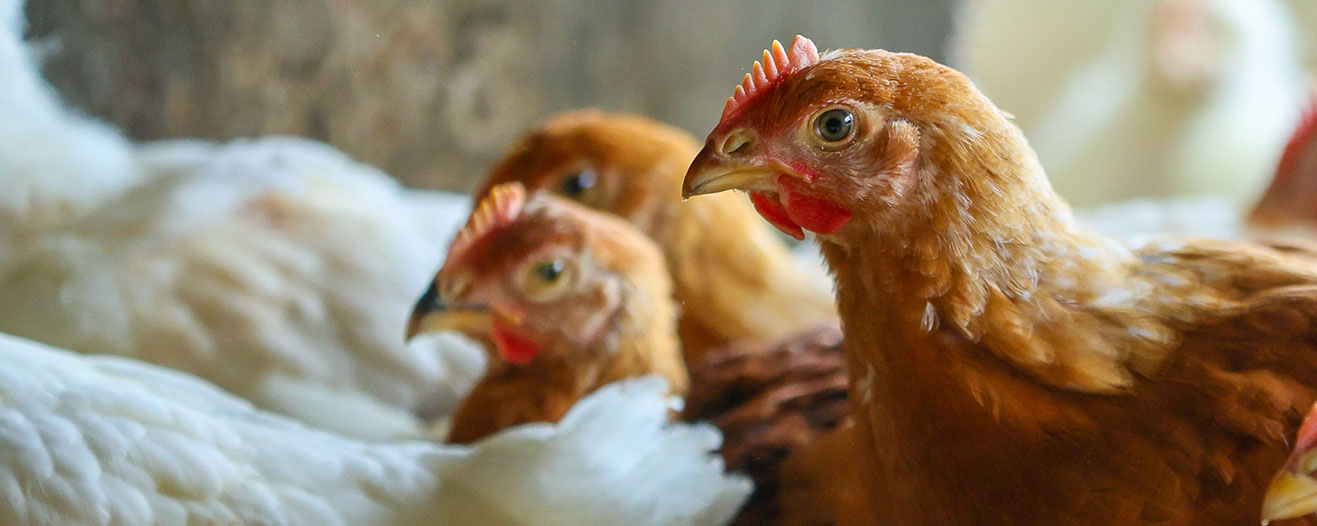
urgent ACTION NEEDED
Demand better for broiler chickens
Ask your supermarket to sign The Better Chicken Commitment (BCC) to improve the lives of chickens bred for meat.
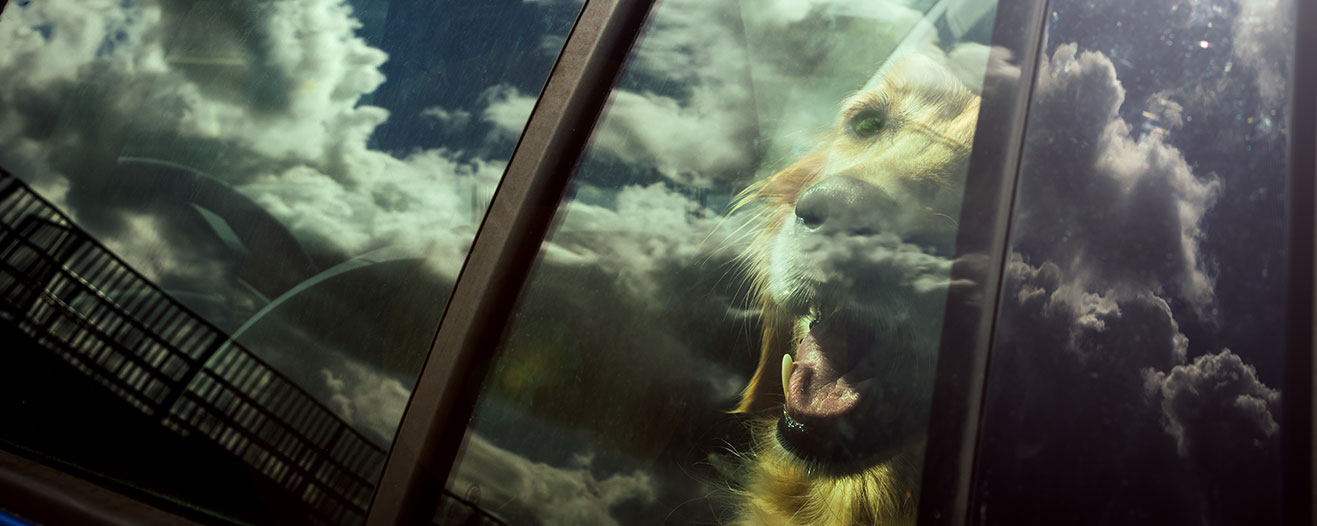
Dogs die in hot cars
Help save dogs’ lives by raising awareness of the dangers of dogs overheating in hot cars.
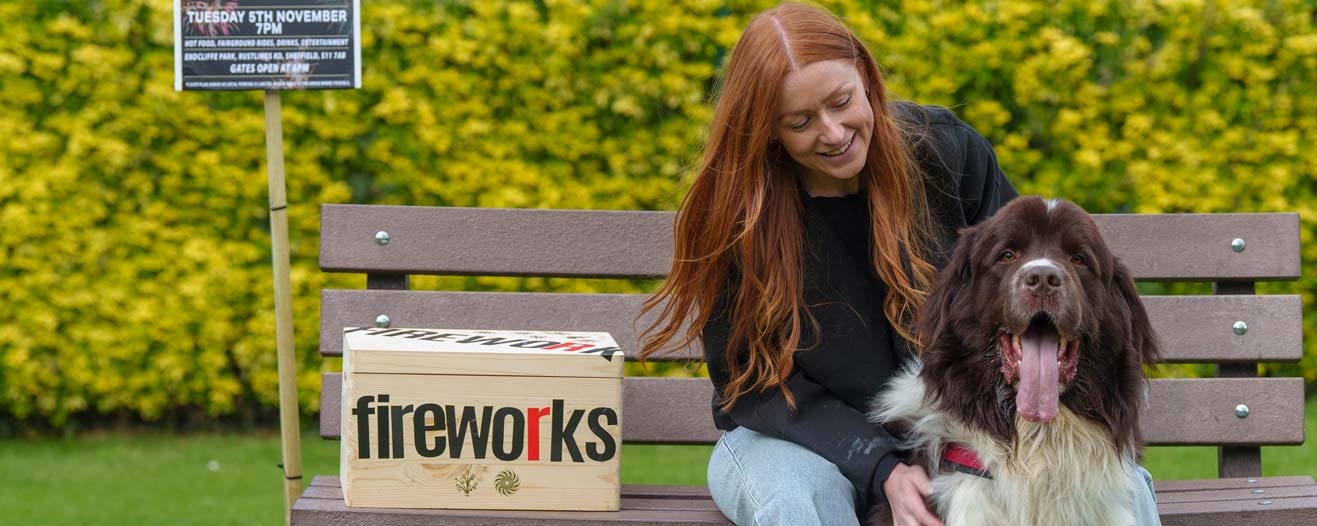
Change fireworks laws
Fireworks can cause intense stress for pets, horses and livestock, even leading to death. Pledge to help us make a change to private displays.
Drive change for animals in homes, farms and science
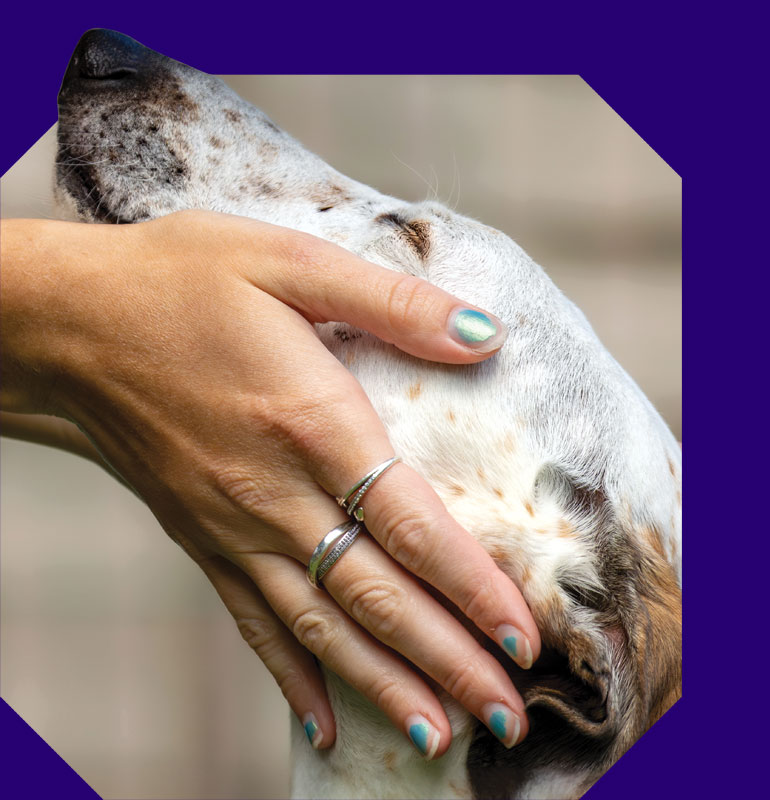
Raise awareness for animal welfare
Help raise awareness of pets’ welfare needs and educate owners on how best to care for animals that give us so much.
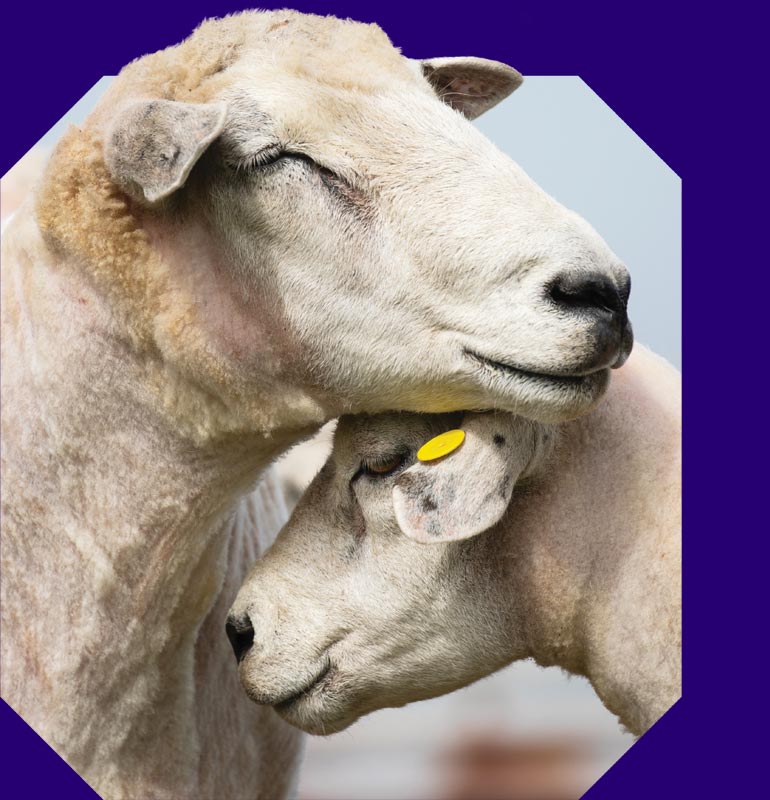
Improve UK and Welsh farming standards
Stand with us to drive political change, to improve the welfare of farm animals at every stage of their lives.
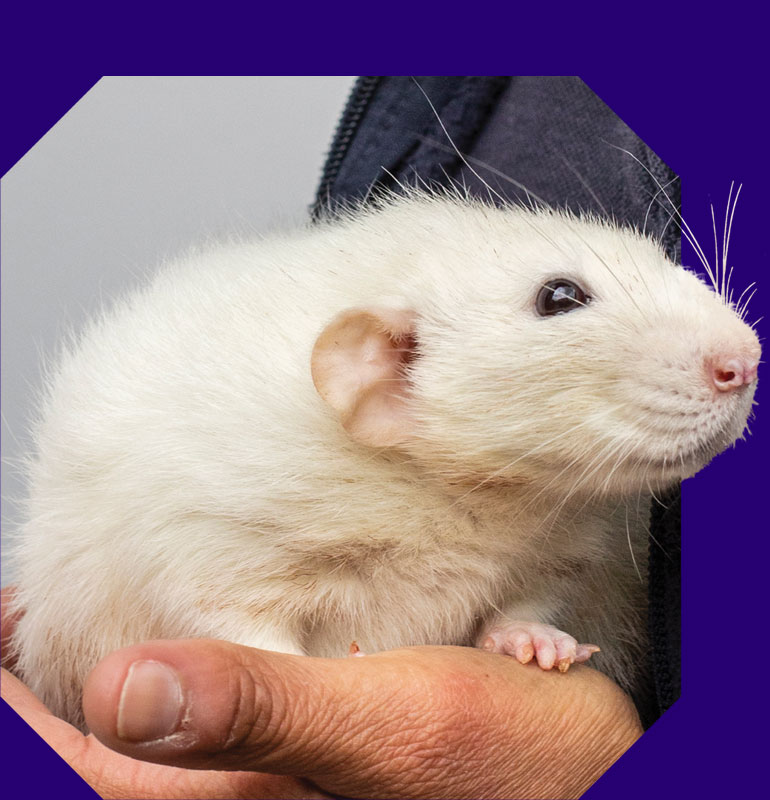
Protect wildlife and animals in science
Use your voice to help us put an end to cruelty to wildlife and the exploitation of animals in experiments.
Previous campaigns
Our latest success stories
After 100 years of campaigning, the UK Government has finally banned live animal exports from Great Britain.
Following many years of campaigning, the 'Renters' Rights Act' will mean no more blanket bans on pets for private renters in England
A better future for farmed animals
Over 17,000 supporters supporters have asked for animal welfare to be a priority for the next UK Government.
CCTV will improve animal welfare
As a long-awaited change for animals, we support the introduction of mandatory CCTV in slaughterhouses across Wales.
